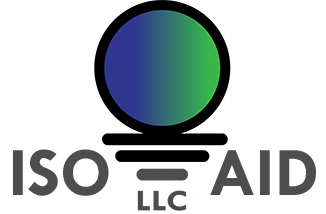ISO QUALITY MANAGEMENT CERTIFICATION
What is an ISO International Standard certification?
ISO QUALITY MANAGEMENT CERTIFICATION
ISO (International Organization for Standardization) certification is a formal recognition that a company meets specific international standards set by ISO. These standards ensure quality, safety, efficiency, and consistency across various sectors and industries. ISO certification demonstrates a commitment to quality and continuous improvement.
How is a company certified to ISO standards?
Organizations typically undergo an audit by an accredited certification body to assess compliance with the relevant standard. If they meet the requirements, they receive certification.
What are the basic requirements to maintain ISO certification?
Certification is not permanent; organizations must undergo regular audits by an accredited, third-party registrar to maintain their status. Some of the requirements of maintaining the Quality Management System are conducting management reviews, qualifying suppliers and conducting scheduled internal audits.
Why do companies become ISO certified?
Improved quality, competitive advantage, enhanced credibility, operational efficiency, regulatory compliance, market access, and employee engagement.
What are ISO standards?
ISO standards are internationally recognized guidelines and specifications developed by the International Organization for Standardization (ISO). They cover a wide range of topics and industries, providing frameworks for best practices to ensure quality, safety, efficiency, and interoperability.What are examples of ISO Standards?
9001 Quality Management Systems, 13485 Medical Devices, 14971 Risk Management for Medical Devices, AS9100 Aerospace which include ISO 9001
Why have a gap analysis instead of internal audit in ISO certification?
Gap Analysis is primarily about identifying where improvements are needed to reach a desired state, while Internal Audits assess compliance and the effectiveness of existing processes and controls. Nonconformances found in an Internal Audit will require documented corrective actions.
ISO 9001 and ISO 13485 require audits at planned intervals
AS9100 and AS9120 require an audit program with specific requirements

